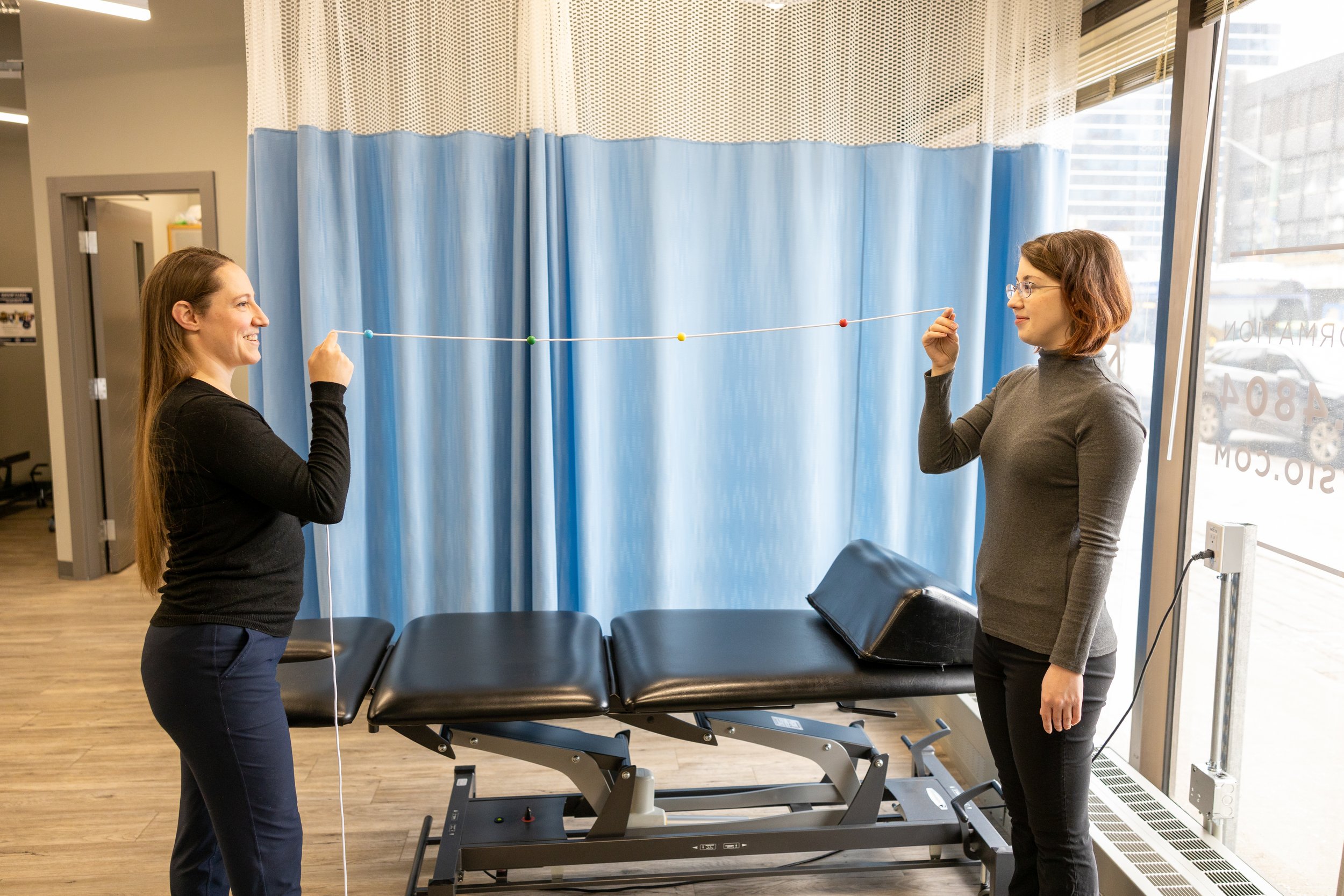How Do I Know If I Have a Concussion?
Sometimes a concussion is obvious – significant headaches, dizziness, loss of memory and trouble concentrating after a blow to the head are what most people would identify as typical of a concussion. However, concussion symptoms can vary significantly between individuals and many concussions could be dismissed, especially if symptoms resolve quickly.
Myth: Concussions occur after a blow to the head or loss of consciousness
A concussion can certainly occur after a direct impact to the head, or it can also occur following a rapid acceleration and deceleration of the head, such as during a motor vehicle accident or a hit to the body on a sports field.
Myth: “There were no findings on imaging, so I don’t have a concussion”
A CT scan is often conducted if emergency medical personnel suspect a concussion. Notable findings are rare as concussion is not typically a process of structural damage but a pathology that occurs at the cellular level. The brain is flooded with neurotransmitters and inflammatory chemicals which cannot be visualized on imaging.
Myth: “I didn’t notice symptoms until a couple days later, so I don’t have a concussion”
Some individuals may not notice symptoms immediately following an injury, or they may have a brief episode of symptoms that seem to resolve, only to reappear when the person is challenged with cognitive or physical tasks.
Myth: Concussion symptoms are significant and obvious after an injury
More subtle symptoms of concussion could include: fatigue, low mood or irritability, difficulty sleeping, visual fatigue or headaches that don’t respond to other interventions. Many of our visual, auditory and balance requirements during the day are very automatic processes. If there is deficiencies in any of these systems following an injury, our brain uses extra processing power to make sense of the sensory information coming in and while executing associated tasks such as balance. This can lead to symptoms of fatigue, eye strain or headaches. Similarly, emotional regulation is an executive function, high demands on our central nervous system may leave fewer resources for things that usually come easy to us.
The takeaway here is that concussion may not be as obvious as conventional wisdom would have us believe. If you are having trouble getting back to your usual activities following an injury, research support early intervention as a positive prognostic factor for long term recovery. If you have questions or concerns regarding a head or neck injury, feel free to reach out to our Concussion Management Therapist, Ashley through email or call 780-424-4804 to set up a free 15 Minute Phone Consultation.
Written by: Ashley Cripps, MScPT, FCAMPT, CAFCI, Clinic Owner





